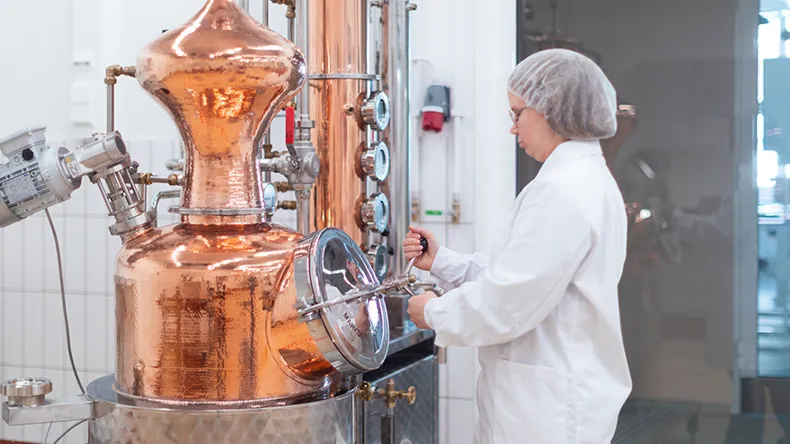Multipurpose materials provide a competitive edge and access to new markets

Climate change and biodiversity loss are pressing, complex challenges of our time and require urgent attention. Natural resources have been overconsumed for centuries. This is now threatening life on our planet. We need business solutions aiming for sustainable and profitable growth to respond to these concerns.
Industry and primary production generate vast amounts of side streams and waste that are pushing planetary boundaries. The circulation of materials, the efficient utilisation of side streams, and new materials help to reduce environmental impacts. In the battle against environmental degradation, we need to circulate materials and utilise side streams in a variety of ways.
Higher education and businesses play a key role
The LAB University of Applied Sciences creates ways to address challenges such as climate change and biodiversity loss by researching and developing opportunities provided by multipurpose materials. Our circular economy expertise meets the needs of the working world. We support the growth and internationalisation of businesses by developing innovative, economical, and ecological solutions.
Bold innovations and the efficient utilisation of side streams and waste require open collaboration, research, and networking between higher education institutions, businesses, and the public sector. In these efforts, LAB plays an important role especially by partnering with SMEs.
We seek diverse funding opportunities to collaborate with companies and other partners in research and development. We also influence legislation and frameworks steering our operating environment to promote circular economy innovations.
LAB helps businesses embrace circular economy opportunities
Our research and education are founded on expertise in and an understanding of the systemic nature of the circular economy. We help businesses create sustainable business opportunities and innovations and promote circularity in their operation.
Concrete examples of this include providing laboratory and expert services customised for company needs. We utilise our circular economy laboratories in research, development, and innovation.
We conduct research on plant-derived waste and side streams and their processing into useful, high-value materials. We are making strong investments for the future in this research field, such as the biomaterial processing ecosystem we are building on our Lappeenranta campus.
We also study and develop sustainable plant-based food production, leaning strongly on ecosystem thinking. The Food Pilot Plant on our Lahti campus offers food industry companies an opportunity to develop and innovate plant-based food products in collaboration with LAB’s experts.
|
LAB pioneers in the green and digital twin transition Understanding the systemic nature of the circular economy and applying it to practice helps identify sustainable growth opportunities that lead to the green and digital twin transition. The twin transition refers to the simultaneous digital and ecological change that promotes environmentally friendly and sustainable digital technologies. Key factors for a successful twin transition
|